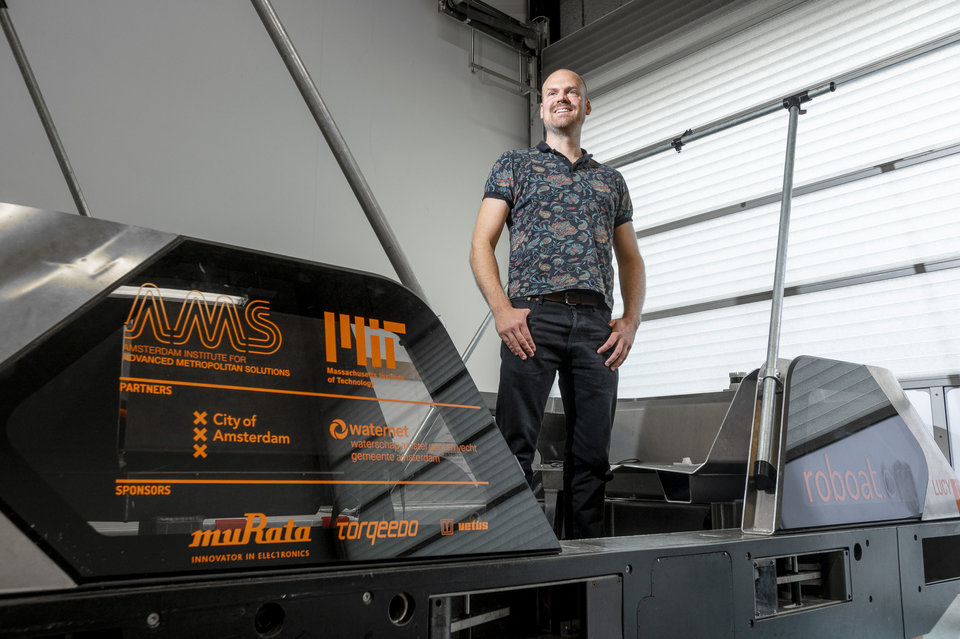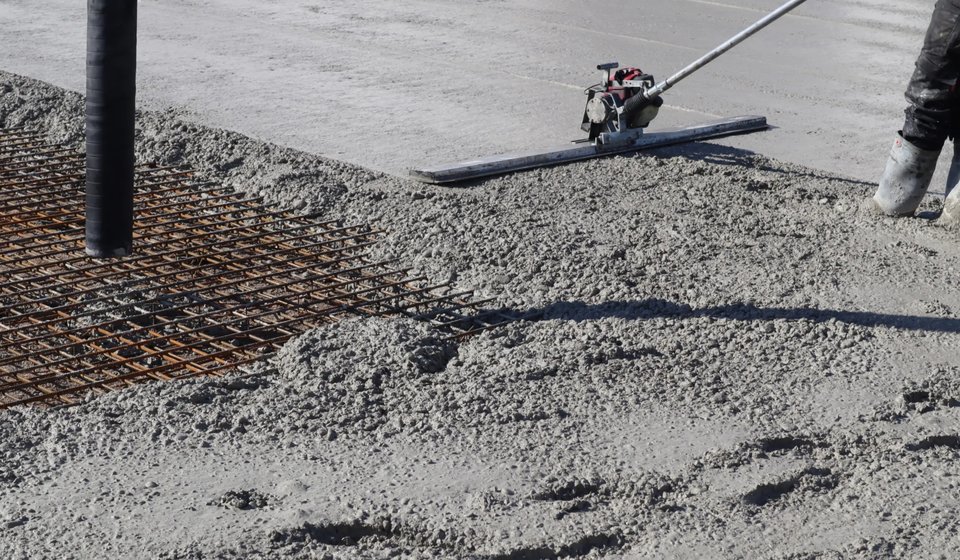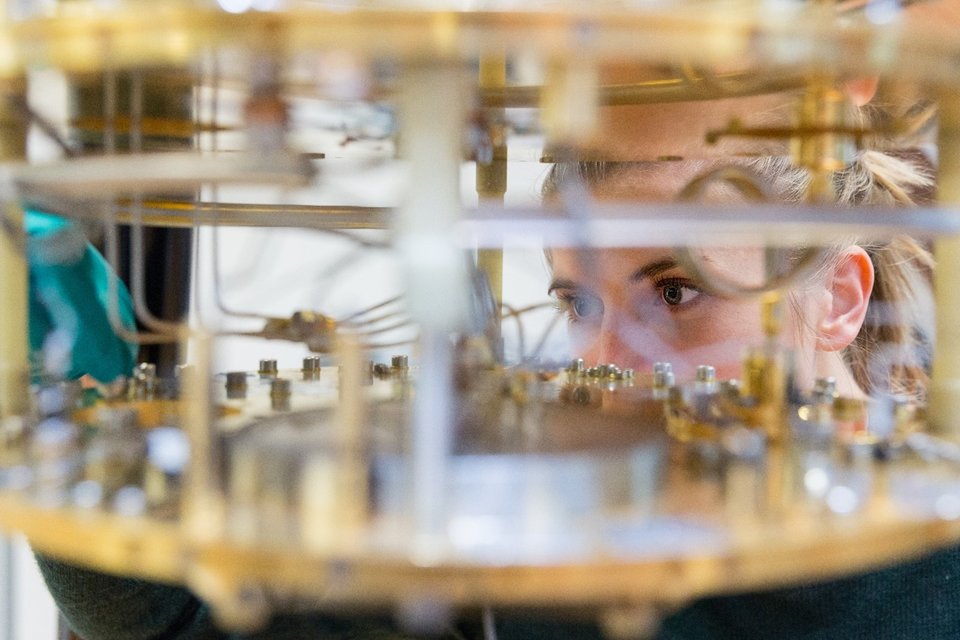‘If you never try, you'll never know.’
Together with a group of alumni from TU Delft, Erasmus University Rotterdam, and the Erasmus MC, Auke van den Hout launched a venture capital fund: Graduate Entrepreneur. They shared a dream of helping alumni make the move to entrepreneurship by asking successful alumni from these universities to invest their time and money in young enterprising alumni. Funding for alumni by alumni. This would also include access to a large network and helpful guidance. Now, several years later, there are nine professionals and nine students working at Graduate Entrepreneur. Auke talks about his own challenges and his passion for entrepreneurship.
By Judith de Waardt • January 30, 2024

© Graduate Entrepreneur
What motivated you to launch Graduate Entrepreneur?
“Graduate Entrepreneur came from the notion that there should be greater scope for entrepreneurship. Entrepreneurship is important for the economy and there are relatively few people who are courageous enough to actually take the plunge. We wanted to change that.”
“We started as a group of alumni from TU Delft, Erasmus University Rotterdam, and the Erasmus MC, and launched a fund. Funding for alumni by alumni. And, importantly, we receive financial backing from both universities. This reinforces the concept. It is precisely that combination of the knowledge that exists at these universities in Delft and Rotterdam that can result in highly promising start-ups and collaborations. This is a fantastic combination, because you have the technology in Delft and the economic and commercial competencies in Rotterdam. If you put all that together, then obviously you have the best of both worlds.”
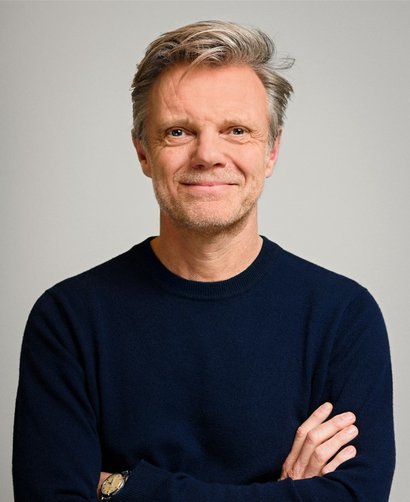
Auke van den Hout © Graduate Entrepreneur
What makes Graduate Entrepreneur unique?
"We help entrepreneurs from the earliest stages of their start-ups, before most funding options are available. We call this the Pre-Seed fund. The fund is there to help you, to test your ideas, and to build up your business. If it proves to be a success and more money is needed, we can invest with our larger fund, the Seed fund. That way, we can assist a company for a really long time.”
“Second, we have a very large group of investors who donate and invest, but also help and advise. They do so in a variety of ways. We have what we call ‘individual support’: this could be expertise, coaching, or the making available of a network. We also have what we refer to as ‘collective learning’. The purpose of this is to encourage young entrepreneurs to meet, and to learn from and inspire each other. We invite speakers and hold discussions on a particular theme.”
How does the funding process actually work?
“We are actually constantly on the lookout for people who are just starting their entrepreneurship journeys or are making plans. There is also an increasing number of people who come to us. Obviously, the first thing we look at is the quality of the founding team. In fact, we never support single founders, but always founding teams. We look at the strength of the idea and the potential market for it. This process from meeting to investing can be very quick, sometimes just a few weeks.”
Do you have an inspiring example of a start-up currently being funded by Graduate Entrepreneur?
“All our examples are inspiring – that’s how we make our selections. There’s plenty of information about this on our site. You will also find the Skoon online market place, for example – the world's largest network of more than 150 verified suppliers of clean mobile energy systems, including batteries, hydrogen, and solar generators, which solve temporary power needs while providing clean energy.”
“What I enjoy most is working with young people who are driven. Students who are utterly enthusiastic about possible solutions to the world’s problems, and then really giving them the support they need.”
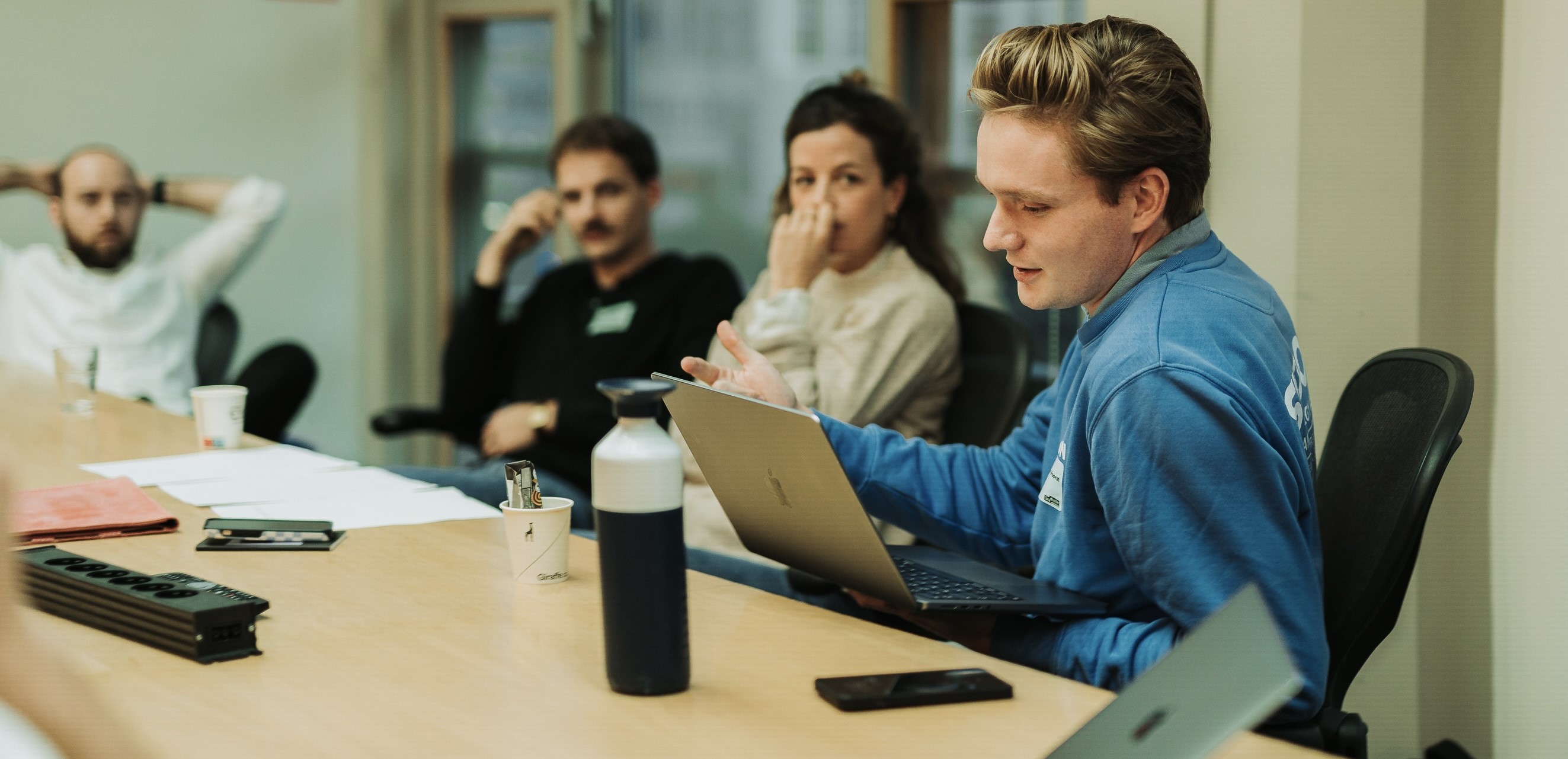
What is your vision of the investor landscape in the Netherlands?
“Much more is happening today than was the case a few years ago. Increasing numbers of people are willing to invest and things are improving. There is also more and more capital available for young entrepreneurs. What is often lacking is that money is given, but nothing else. That is precisely what we are trying to do differently. I also see an increasing focus on deep technology, and investments with a slightly longer horizon and which require a bit more expertise to assess.”
How do you view entrepreneurship in the Netherlands compared to other countries?
“To be honest, we still lag behind somewhat. The idea of actually going into business is still quite new for a lot of people, so we are very much encouraging that. But the trend is positive, with more and more people wanting and daring to be entrepreneurial. More and more women too, which is also important.”
“The challenge still remains in growing from start-up to scale-up. There is still some work to be done there. That is why we attempt to build up the best possible network around the founder, to enable start-ups to develop into scale-ups.”
You too are a start-up yourself. What have you learned so far?
“Yes, we are obviously a start-up ourselves, so we too are learning. In our experience, it is important to make the right selections at the outset. That is something we are learning all the time. We are also learning to provide more effective guidance and support. The needs of every start-up are different and it is important to look closely at what those needs are. Is it a coach, is it a network? There is simply no one-size-fits-all. Also, the things that are needed at the start are very different to what is needed further down the line. These are the things we are learning.”
Do you have a tip for young entrepreneurs?
“I always say: test your product in the market as soon as possible. You yourself are likely to be very enthusiastic, obviously, but test as soon as possible whether that is correct and whether there is someone who believes in it and is willing to pay for it. Then you will know if you are on the right track. If you’re not, then adapt your idea accordingly.”
“My tip is also really to just go for it, just give it a try. As I always say, if you never try, you’ll never know. In any case, entrepreneurship is all about trying things out, adjusting your plan, and trying again. And in the end, something worthwhile will emerge.”
What are Graduate Entrepreneur’s plans for the future?
“We have plenty of plans for the future. Who knows, we might expand to other cities. Obviously, that’s an idea that could easily be rolled out in other student towns and cities. If you never try, you’ll never know.”
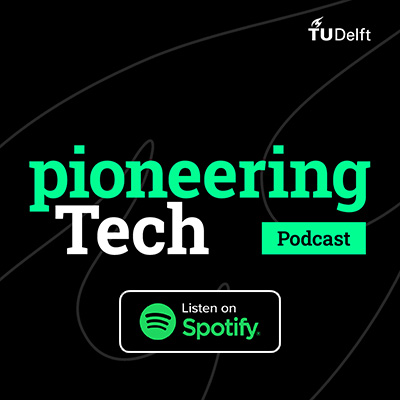
![[Translate to English:] [Translate to English:]](https://filelist.tudelft.nl/_processed_/c/8/csm_Ampelmann%20E1000%20Wind%20Europe_scaled_a9c9d48380.jpg)


